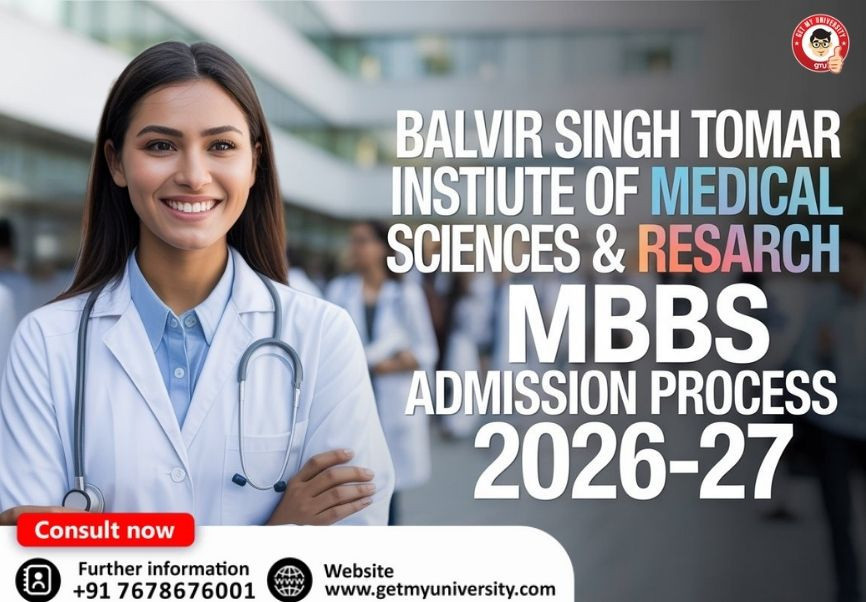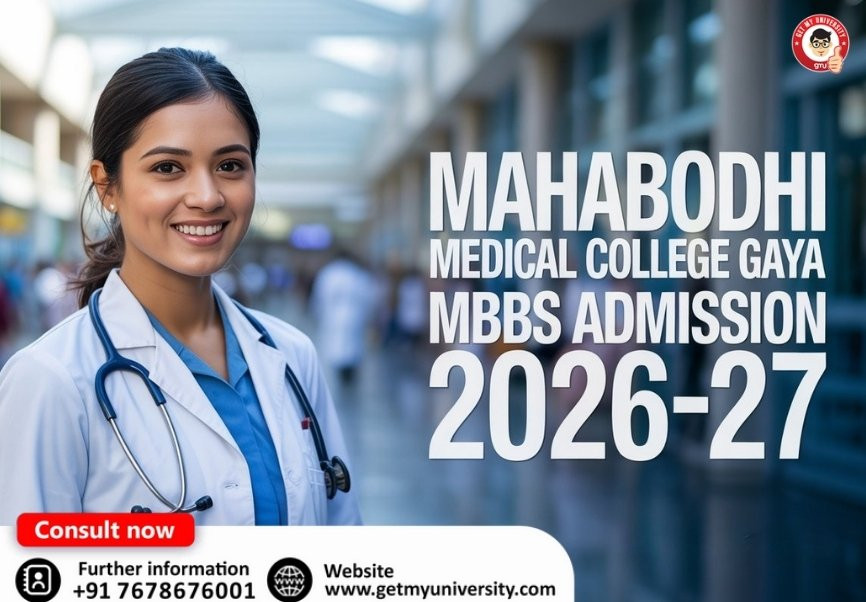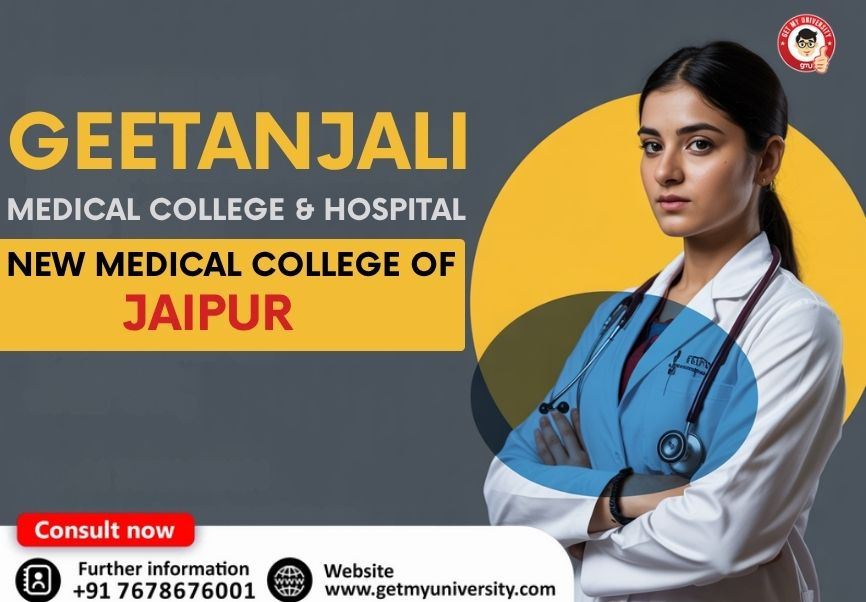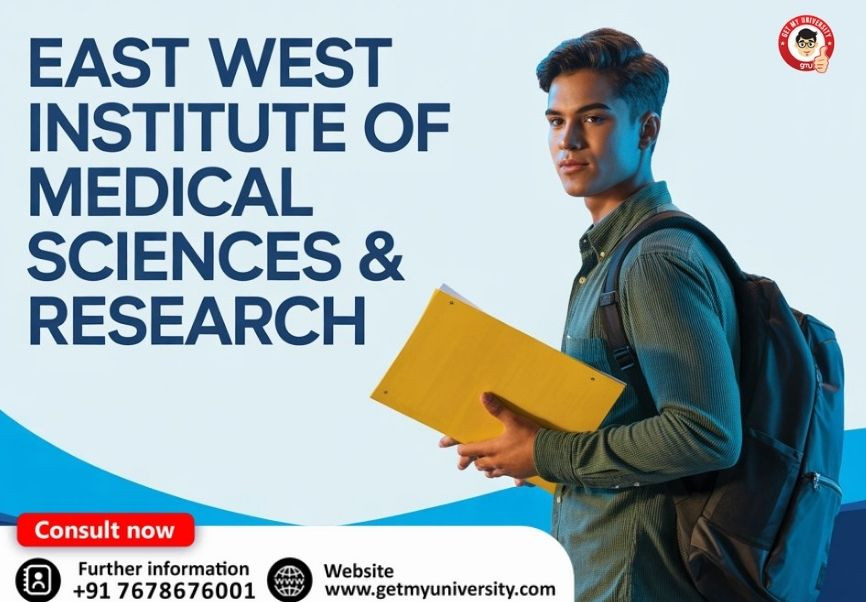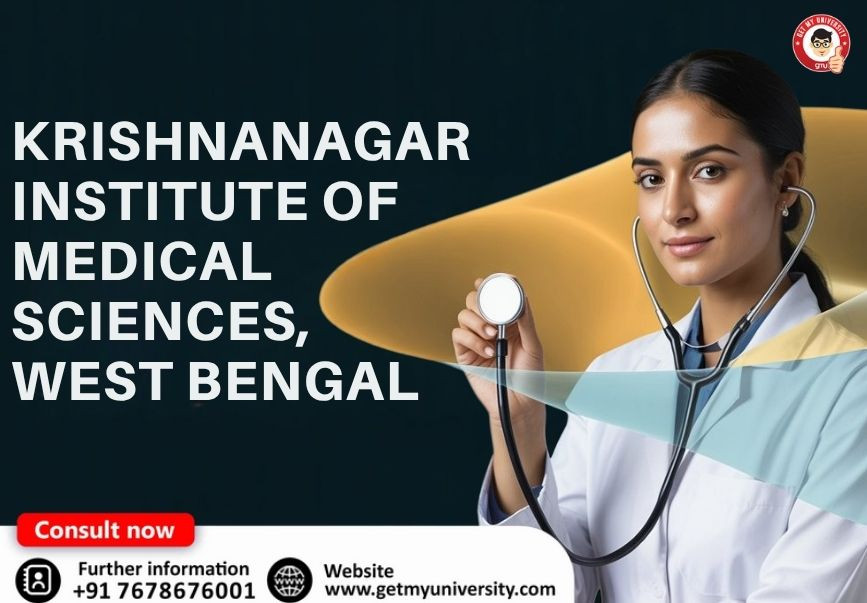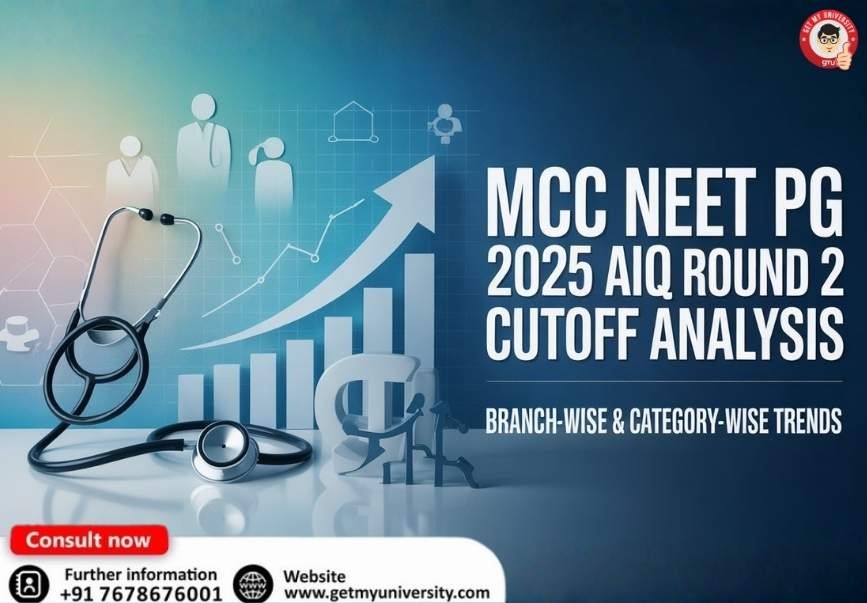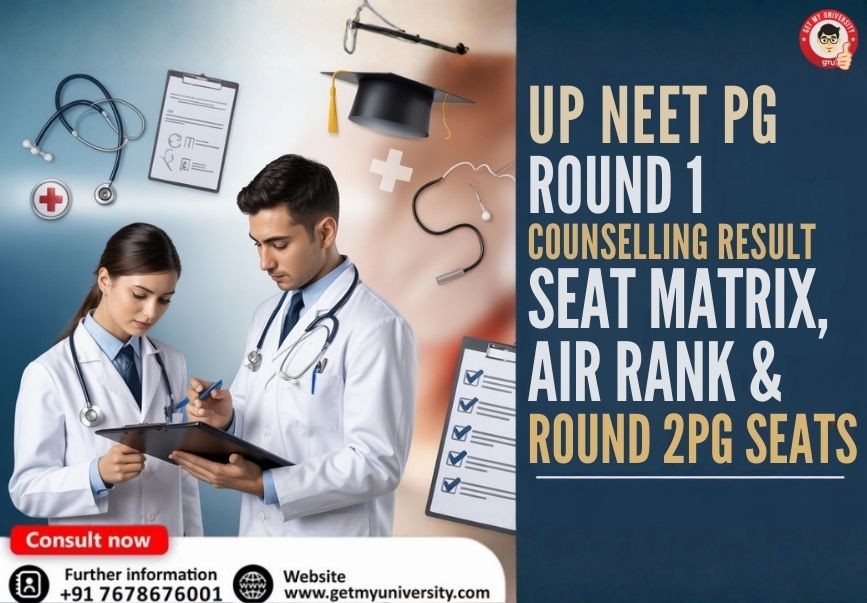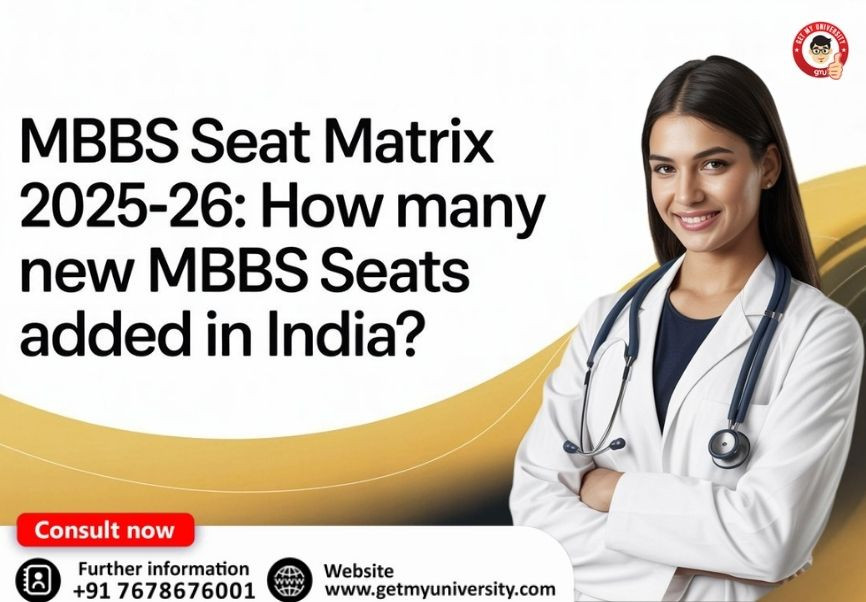Introduction
Pursuing an MBBS Abroad is a life-changing decision, and choosing the right university is crucial for a successful academic journey. Among the many destinations available, Russia stands out as a preferred choice for aspiring medical students due to its affordable tuition fees, globally recognized degrees, and well-established medical institutions.
However, while Russia offers excellent opportunities, students and parents must be cautious and well-informed to avoid falling victim to fraudulent practices and misleading consultants.
To assist students in making the right decision, Team Get My University, after an extensive personal visit to Russia, has compiled a comprehensive guide on the Key Factors to Consider When Choosing a Medical University in Russia.
This blog will help you understand crucial aspects such as university selection, admission procedures, financial transparency, hostel facilities, and the role of consultants. Keep reading to ensure you make an informed and secure choice for your MBBS journey in Russia.
1. Influence of Consultants and Contractors in Universities
- Many universities face internal corruption, where consultants and contractors have too much control over admissions and management.
- Some agents provide incorrect details about university rankings, FMGE passing rates, or living conditions. Unethical consultants may charge extra fees beyond official tuition and service charges. Some agencies fail to provide adequate assistance once students reach Russia.
2. Over-Admissions Leading to Poor Education Quality
- Some universities accept more students than they can handle, sometimes exceeding 800–900 admissions, which puts too much pressure on classrooms, hostels, and faculty, leading to a decline in education quality. As a result, courses that should be completed in 6 years often take 8 years due to poor management and a lack of resources.
- Overcrowded classes and less teacher attention make it difficult for students to succeed, increasing failure rates. Medical and technical students also struggle with hands-on training because of limited lab facilities and hospital slots. Furthermore, universities that admit too many students often lose accreditation and recognition, making it harder for graduates to find good job opportunities.
3. Understanding the Agreement between Students and Universities
- In Russia, universities and students sign agreements outlining all terms and conditions of admission. Government universities follow structured agreements that ensure a smoother academic experience.
- It is advisable to prioritize universities with bilateral agreements, where consultants have minimal interference. Students should research and verify university agreements online before proceeding with admission.
4. Limited Seats and Backup Options
- Many reputed universities have limited seats (e.g., 100-120 seats per batch). It is not guaranteed that students will secure admission to their preferred universities, even if consultants assure them. Some consultants mislead students by claiming admission to certain universities, but later divert them to different institutions. Students should prepare a list of preferred universities, consult with counselors, and have backup options.
5. Currency Exchange Frauds
- Many fraudulent consultancies manipulate currency exchange rates to make profits. Instead of offering students the best exchange rate, they deduct a margin from the actual rate. For Example: If the actual exchange rate is 100 rubles = ?100, a fraudulent consultant may offer 80 rubles instead, keeping the extra 20 rubles as profit. Students should compare exchange rates with official sources before making payments.
6. Consultancy Scams and Processing Charges
- Many consultancies mislead students by charging high processing fees under the name of admission, visa processing, or documentation. Some agencies falsely promise guaranteed admission without exams or eligibility checks, tricking students into paying large amounts. To attract students, fraudulent consultants offer fake discounts on processing fees but later add hidden charges. They also withhold important details about actual university fees, accommodation costs, and other expenses, causing financial stress later. Additionally, some consultancies manipulate currency exchange rates, keeping a secret profit margin during fee transactions. Many agents also make false promises of fast visa approvals or scholarships that do not exist, convincing students to pay extra.
7. Availability of Indian Mess and Food Facilities
- Some universities do not provide Indian food facilities (mess), causing inconvenience for Indian students. Multiple consultants working for different universities often prevent students from accessing Indian mess facilities for competitive reasons. Students who expect an Indian mess should verify its availability before finalizing university selection.
8. Government Hostels vs. Private Hostels
- Government hostels are subsidized and have lower fees, making them a budget-friendly option. However, private hostels may offer better facilities and living conditions. Some consultancies falsely claim they are providing government hostels but later allocate private ones, affecting students' budget planning. Students should clarify hostel arrangements before admission to avoid last-minute surprises.
9. Hidden Fee Scams: Rubles vs. Dollar Conversion
- Russian medical colleges charge fees in rubles, their local currency, but some consultants mislead students by quoting fees in US dollars. For example, if a university’s actual fee is 3,000 rubles, a fraudulent consultant might claim it is 5,000–6,000 dollars, making a huge profit. To avoid this scam, students should always verify the official university fee structure before making any payments.
10. Unverified Consultancies and Fake College Promotions
- Many consultancies recommend universities without ever visiting or researching them properly. They create misleading advertisements through promotional videos and ads without verifying the quality of education, faculty, or facilities.
- Some fraudulent consultancies act as middlemen without any official connection to universities, leading to miscommunication and false promises. They also make fake claims about university rankings, the availability of Indian food, hostel conditions, and student success rates to attract students.
- Additionally, many unverified consultancies fail to support students after admission, providing little to no help with accommodation, visa processing, or local guidance. In some cases, fake consultancies demand large payments upfront and then disappear, leaving students stranded without completing the admission process.




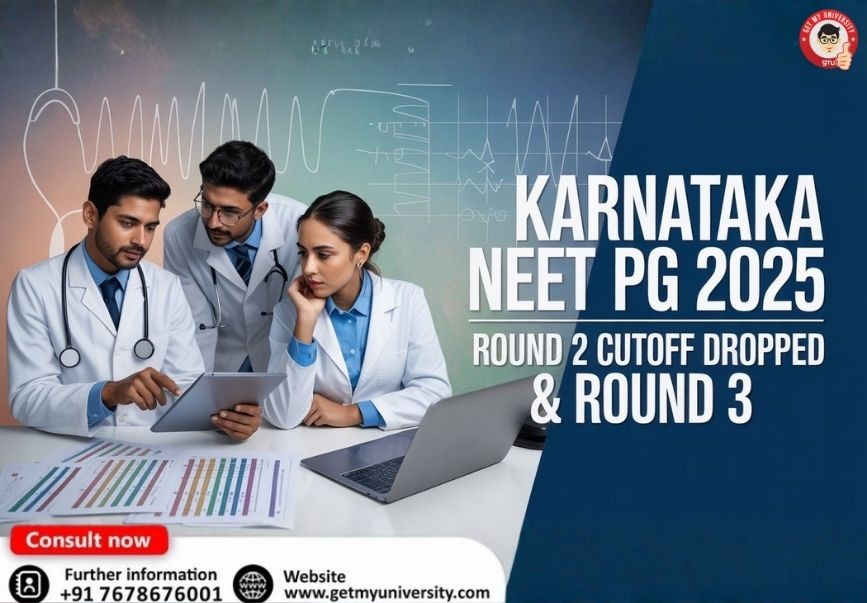

.jpg-74556.jpg)

